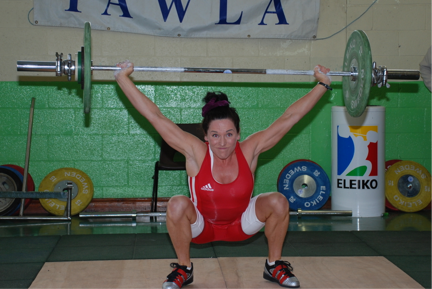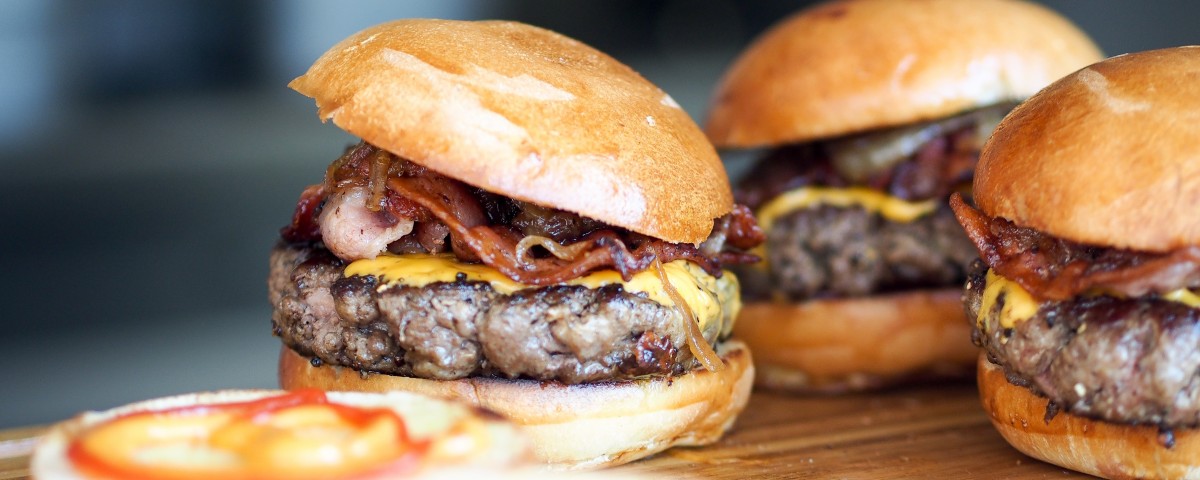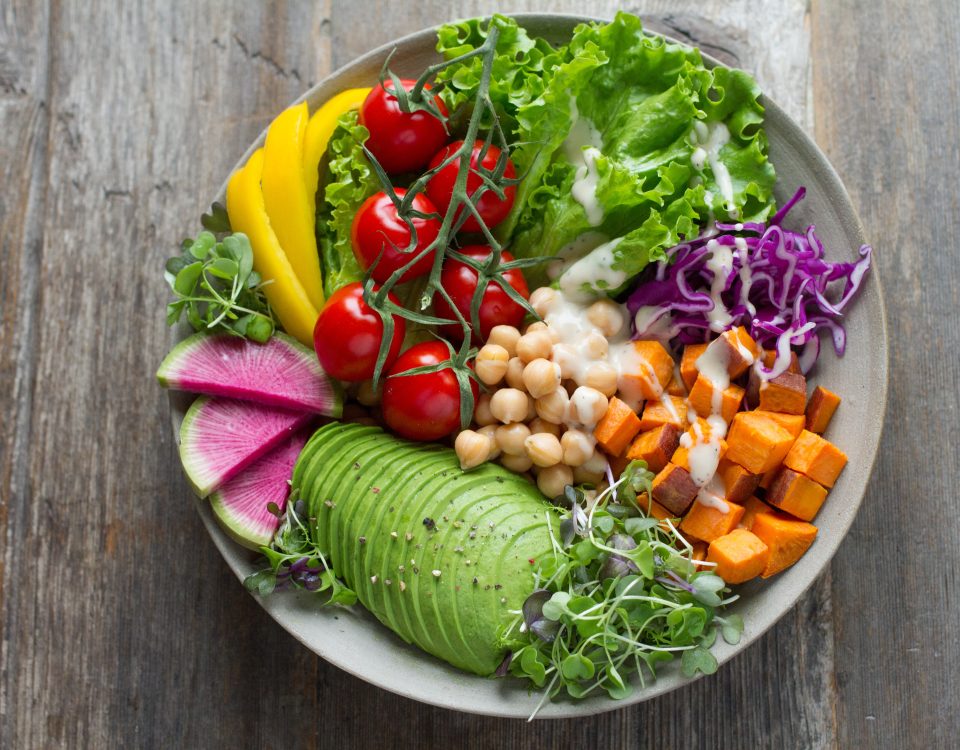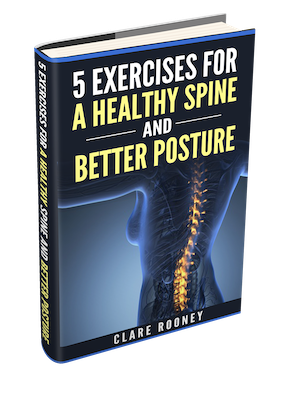Calories Count, but they’re not the whole story

Bodybuilding Nutritional Myths Debunked
January 12, 2016
Coffee is Good for You!
January 12, 2016
The title of my blog today comes from a statement made by Dr Jonny Bowden PhD. I have to say I whole heartedly agree and I want to elaborate why so that you may avoid some of the pitfalls that every wannabe lean machine faces.
Were back to balancing those pesky equations folks! And what an equation the fat loss puzzle turns out to be. You see there isn’t just one type of science we need to consider when it comes to understanding the fat loss conundrum. I call it “wet science” versus “dry science”. Physicists often joke that theirs is a dry science . No mess no blood sweat and tears like the disciplines of chemistry and biology . You see what many people have been doing today is treating fat loss as if it were a dry science – inanimate, mathematical, linear , predicable down to a caloric equation. The dry science folks believe all weight/fat loss boils down to eat less, move more. God wouldn’t it be great if it were that simple ! Well, maybe not, because if it was your body would look something like an inanimate incineration device!
Not very sexy, right? When you burn the food in a bomb calorimeter ( a device to measure the calorie content of food) it causes the temperature of the water to increase by a certain number of degrees and using clever calculations ( which I wont bore you with!) you calculate the inherent energy in the food in K joules or calories. Now the general equation to sum up whats going on above is :
C6H12O6 +6 O2 —-6 H20 + 6CO2 + energy release
Translation! Glucose + Oxygen burns to give carbon dioxide + Water and energy is released in this process.
Unfortunately for the dry scientist trying to explain fat loss by physics the human body looks more like this:

And the equation for “combustion” in the human body is way more complicated !
“Combustion “ in the human body is called respiration . Even if you flunked your high school chemistry class you need to realise that the two reactions are worlds apart! A myriad of factors can influence the quality of energy production in the human body. If you are dehydrated it affects the quality of respiration, if you are toxic some co factors needed in a particular stage in the Krebs cycle above may be depleted, if you favour one macronutrient for fuel over another this modifies the cycle favouring one pathway over another. All of these factors will influence the rate of the various reactions . The rate of the reactions will influence the quality of the energy ( fast burst of energy versus slow steady release of energy). You are even genetically predisposed to being more proficient at some segments of the krebs cycle while downplaying others. We know this because some cultures like the Inuit Eskimos survive on a diet of almost zero carbohydrate and still they respire or produce energy perfectly.
Some pathways of energy production waste energy as heat in a process called thermogenisis. The more complex a molecule is the more likely this will happen . Bottom line , a calorie is not always a calorie. Will the amino acids in your 100g grams of steak be burned for energy or will they be used to repair tissue and detoxify your body instead. How many fates does 100 grams of sugar have once it hits your system?
There are many questions to be asked . But here are some of the things we do know:
Calorie restriction causes fat and weight loss.
Diets of various macronutrient make up ( % proteins carbs and fats) have all been shown to produce weight/fat loss.
My personal observations:
You will not sustain a diet that does not satisfy your appetite. Appetite is one of the most primitive drives of the human brain ( the reptilian brain). It is even more powerful than the drive for sex. Trying to ignore your appetite long term would be as successful as banning porn from the internet! Good luck with that!
The natural instinct of a human being is to over eat certain foods.
With the advent of modern processed foods our normal regulatory system for appetite control is confounded. Will 100 calories of Pringles fill me up the same as 100 calories of turkey breast or will the delicate balance of salt , fat and refined carbs make me want to eat 500 calories more? Will the amino acid tryptophan present in the turkey breast calm and balance my brain with renewed serotonin so that the urge to overeat is suppressed?
Its easy to underestimate portion sizes. Even if you eat what appears to be a healthy diet if you eat too much of anything you will gain weight. The laws of physics still apply albeit with some modifications in an organic animate world where hormones, biochemical reactions , neurotransmitters and psychology all impact the outcome of your fat loss quest.





